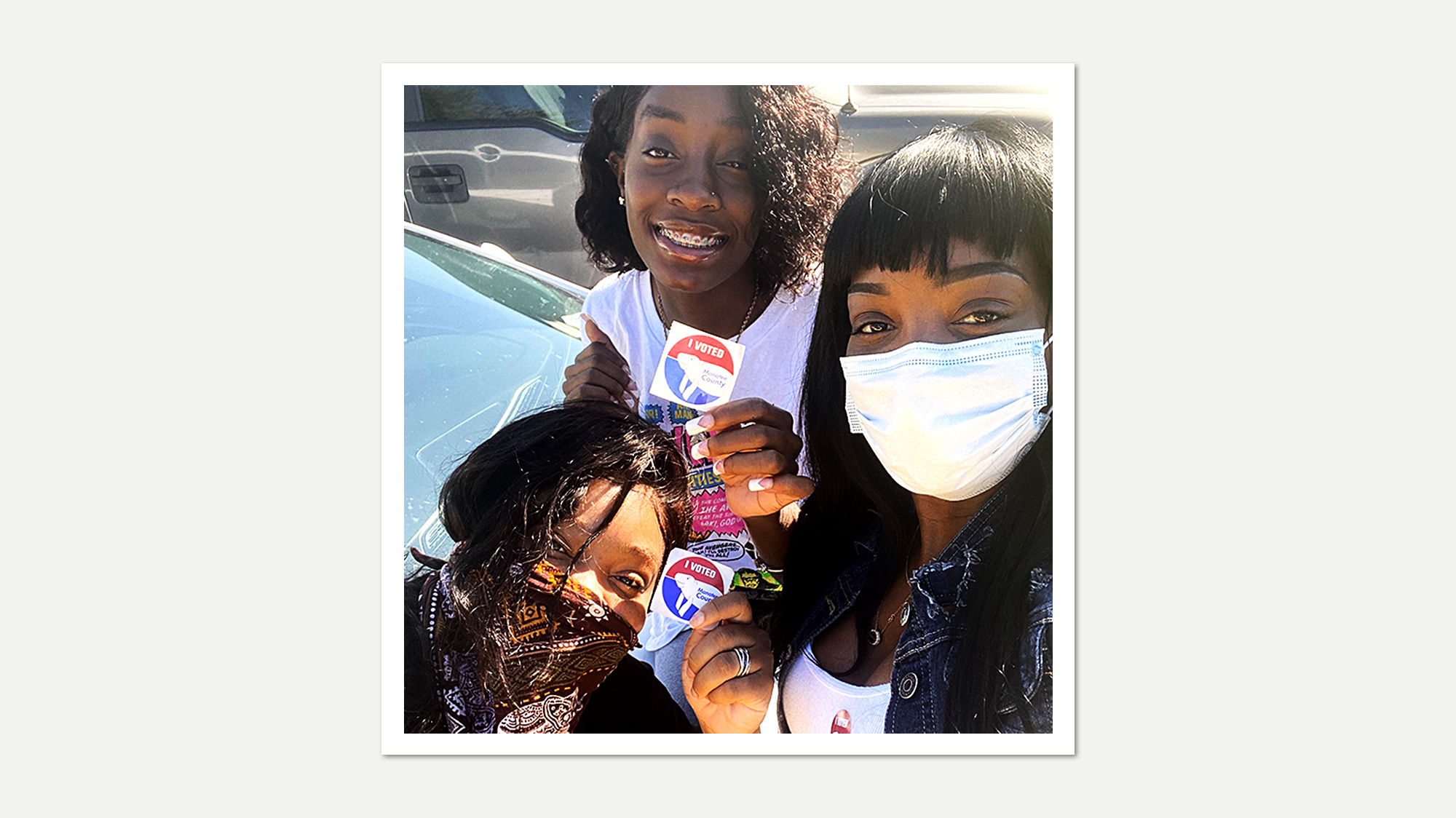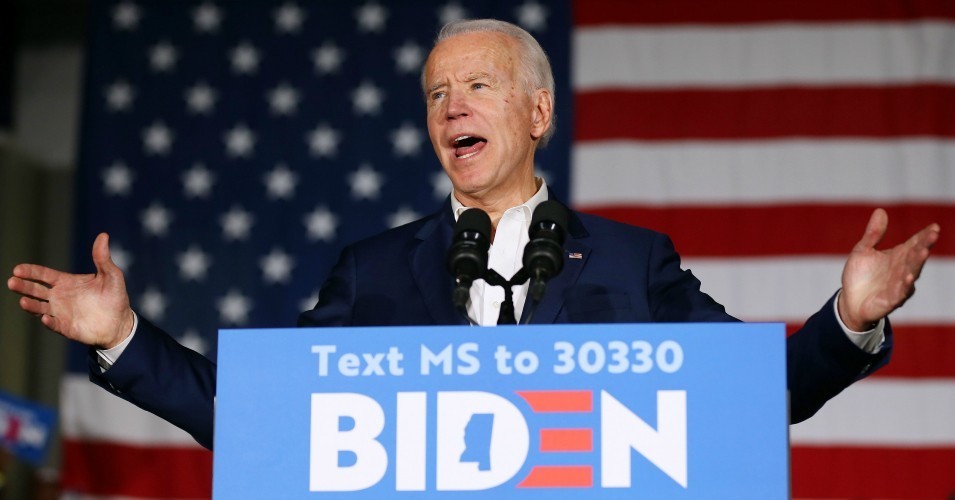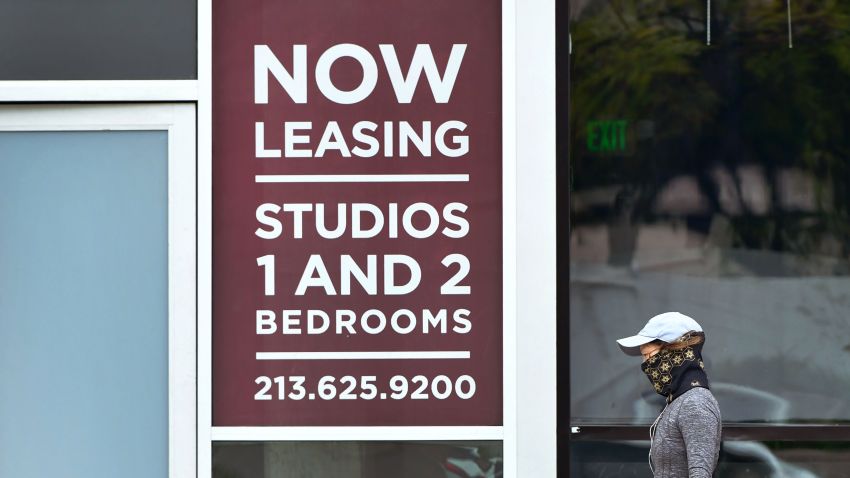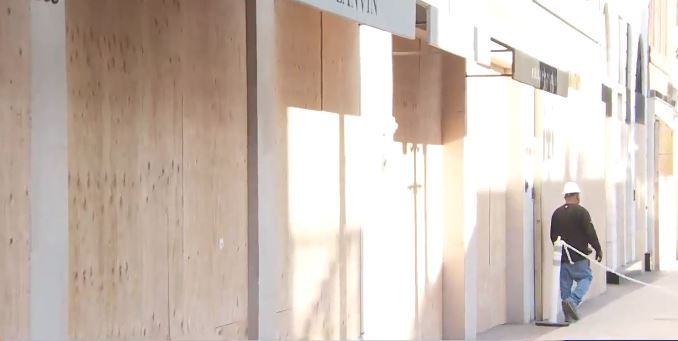For indispensable reporting on the coronavirus crisis, the election, and more, subscribe to the Mother Jones Daily newsletter. LaToya Moreland’s attempt to vote for the first time in 12 years was an emotional roller-coaster. The 39-year-old mother of four is a lifelong Florida resident, but she’d been prohibited from casting a ballot because of her felony record. Then, in 2018, citizens in her state approved Amendment 4, a measure that activists hoped would restore voting rights to more than 1 million people with felony convictions.
The triumph was short-lived. The next year, Florida lawmakers passed a law stipulating that people with felony records could only vote if they’d paid off all the fines and fees associated with their convictions—and Moreland simply couldn’t afford what she owed. So she and a small group of other Floridians sued , arguing that the new rule was similar to an unconstitutional poll tax.
In September an appeals court narrowly ruled against them. Florida Secretary of State Laurel Lee assured voters with felony records that they would not be removed from the rolls before the election, since more time would be needed to fairly handle that process. But she said anyone who knew they […]


Add a comment






